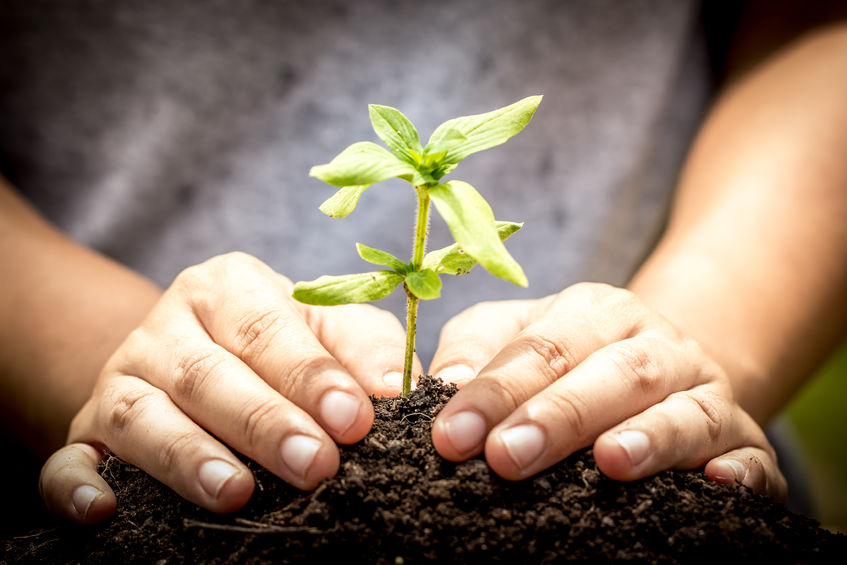
Changes in consumer shopping habits and growing demand for organic food means there are greater business opportunities available for organic farmers and growers than ever before.
Retail and sector exports said strong global demand for organic food indicates producers can feel confident about investing in the sector, provided they understand their market and where opportunities for growth lie.
Speaking at OF&G’s National Organic Combinable Crops conference in Cambridge on Thursday (7 July), Paul Moore of the Organic Trade Board said despite having a ‘bumpy ride’ in recent years, there were strong reasons for optimism in the sector.
In addition to growing global demand for organic produce, a new generation of shoppers in the organic sector had emerged, who brought fresh opportunities for producers in the sector, he said.
"The organic market fell by 12% during the economic downturn, but that was thanks to the reaction of retailers delisting product, and not because consumer appetite for organic had disappeared," he told delegates.
"Since 2012 organic sales have accelerated in value and volume and although accessibility is still an issue consumers have changed their habits and started shopping outside multiple retailers, increasingly going to smaller retailers and places like farm shops instead."
With global organic sales now worth about €50bn, and European sales accounting for a third of that, Mr Moore said growers had to have confidence that the long-term consumer trends were going to help the sector.
"The UK has the largest potential for growth in organics, both in terms of access to products and potential for increased consumption," he added.
"A survey of nearly 2000 shoppers revealed that not only do people plan to buy more organic food, but that organic shoppers are younger, dynamic, more engaged with where their food comes from. They see food as part of their lifestyle."
Issues of availability
The challenge now for the sector was to address issues of availability, he said, which meant encouraging more producers to convert to organic and ensuring growers responded to consumer demands.
"We need to make sure we have enough and a good choice of organic foods on offer. Growth will come in increasing the repertoire of products on offer."
Andrew Saunders, chair of the Waitrose Farming Partnership, agreed that being able to meet demand for organic had to be a focus for the entire sector.
Accounting for 25% of total organic food sales Waitrose is keen to work collaboratively with UK growers to shorten supply chains, limit risk, and ensure demand is met, he said.
"There are significant areas of risk with an extended supply chain. The more suppliers you have in the market the more there is to go wrong. Shortening the supply chain is key."
As an example, Mr Saunders said that of the 12,600ha of organic wheat grown in the UK each year, Waitrose needed 41% of the volume in order to satisfy customer demand for organics.
"We want to work with producers to grow that hectarage," he said. "We all have got to work to increase the amount of organic land growing wheat."
Roger Kerr, OF&G chief executive, said indications from the market showed there were very strong reasons to look at organic production from a commercial perspective as a resilient, long term business opportunity.
"People are increasingly looking to understand the production methods and ethics behind their food and organic offers an incredibly strong story," he said.
"Research shows that more people are looking to buy more organic, so the challenge for organic farmers and suppliers and retailers is to ensure we have the right products available in the UK to fulfil the increasing demand."
